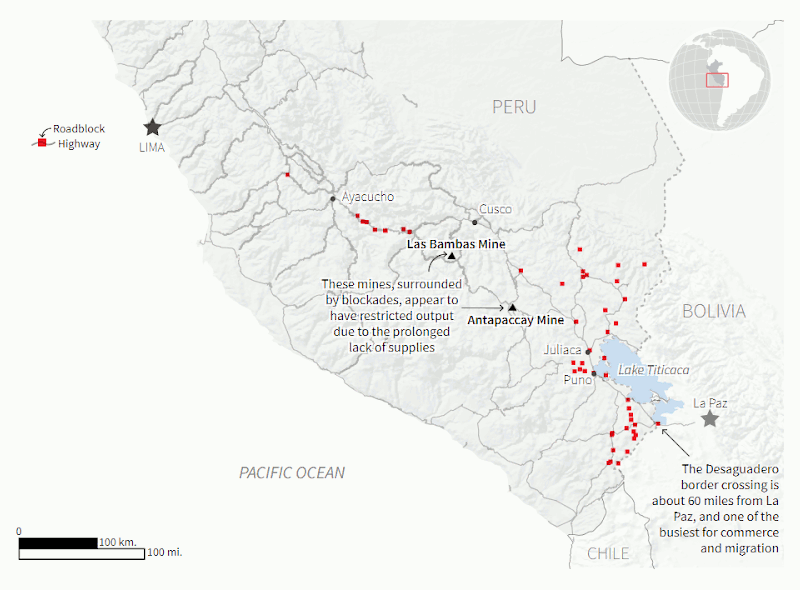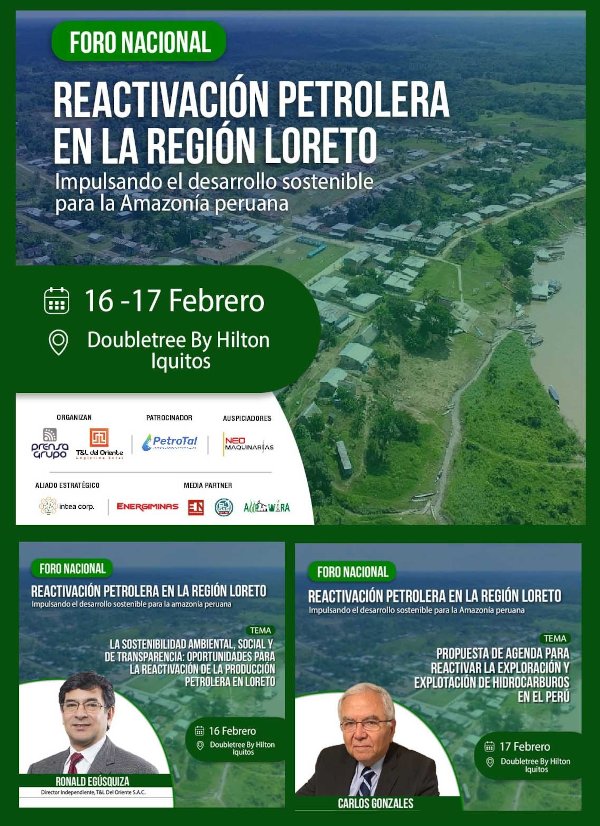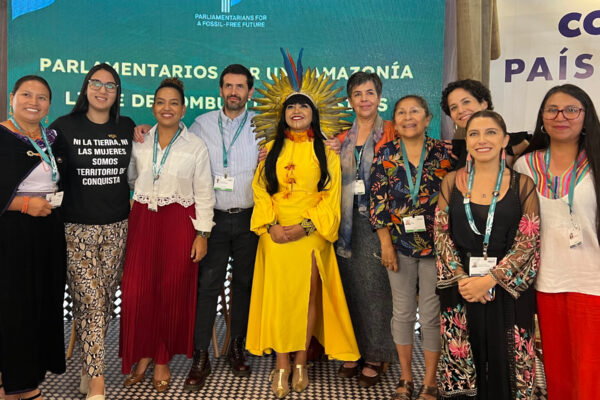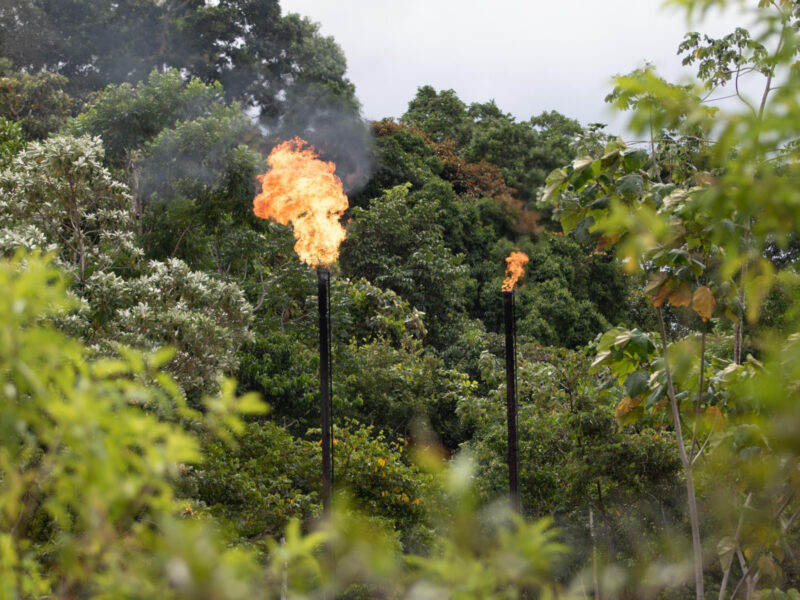A few weeks ago, a well-known Peruvian weekly newspaper published documents signed by President Boluarte’s Minister of Foreign Affairs, Ana Cecilia Gervasi, in which she ordered all ambassadors of the Peruvian diplomatic system to redouble their efforts in a public relations campaign to counteract damage to the country’s image, following evidence of human rights violations reported by international press.
But the attempt to promote a good international image has another objective, besides gathering the political support Boluarte needs to survive this crisis. The president has decided to continue with the policy of her predecessor, Pedro Castillo, by authorizing Petroperu to seek investors among major banks in the United States and Europe to operate oil blocks in the country.
So far, the main argument behind this campaign to attract investment is that Peru’s macroeconomic indicators are evidence that the government has managed to stabilize the social conflict in the south of the country, where major mines have been suspended and are at risk since the beginning of the protests. Most experts agree that the actions by the Boluarte administration to “control” the crisis and provide minimal social conditions for the development of high-risk investments have only led Peru to a scenario of greater “division, paralyzation, and unsustainability”.


Is it prudent to invest in what will undeniably become a new front of social conflict and human rights violations in the north of the country, this time with Amazonian Indigenous people?
Upon learning of the announcement of Peru’s “oil reactivation,” Indigenous nations affected by the blocks in which Petroperu wants to operate, immediately responded by calling an assembly in order to ratify the agreement they reached last year: To work together to prevent any new oil investment in their territories.
In the words of Olivia Bisa, President of the Chapra Nation, “We are organizing ourselves, the six native nations of the northern Amazon; and we are going to go all the way to international instances so that the oil blocks are annulled. In addition, we are asking for an expert appraisal of the infrastructure of the Northern Peruvian oil pipeline”.
Reninmer Huiñapi, President of the Shawi Nation pointed out that “In order to get out of the crisis, the position of the six nations is that we do not need more oil activity. First, Peru has to solve several [social services] gaps, but with this government, we cannot debate or dialogue because we have seen a violation of human rights. We will be able to enter into debate with another government, to whom we will make our demands known.”
Block 192: The project meant to “save” Petroperu
As the first step of its campaign to convince banks and asset managers to fuel social conflicts, the Peruvian government provided the necessary authorization last week for Petroperu to enter into a licensing agreement to carry out drilling operations in Block 192, the biggest continental oil operation in Perú and one with decades of accumulated social, environmental, and legal problems. This authorization allows Petroperu to seek a surety letter from international banks for the contract.
Around that time, Perupetro lost an arbitration with the last company that operated Block 192, Pluspetrol Norte, and now all the liabilities accumulated in Blocks 192 and 8 will have to be remediated using Peruvian taxpayers’ money alone.
Indigenous organizations have pronounced their opposition to the entry of any new operator if the multi-million dollar environmental debt that has been affecting their territories for years is not paid.
In the words of David Chino, president of Pastaza River Quechua Federation (FEDIQUEP):
“Our perspective is that President [Boluarte] is reactivating these blocks, but without the consent of us, the peoples who live there. These blocks have corroded infrastructure. [Petroperu] does not guarantee our safety, besides they are not remediating. There are more than 2,000 impacted sites and they are not remediating them. We are not going to allow any investment until the damage is remediated. First total remediation and then we will be able to enter into a dialogue with some company”.
Asked about the possibility of Petroperu entering Block 192:
“We distrust Petroperu because it is a company of the government itself, they are going to claim legal rights to appropriate [our] land, in the name of the government. With this, they are going to try to evade their responsibility to remediate. They do nothing for the people. They trample rights. In the city of Andoas, they do not provide electricity as they promised, there are constant failures and [the electric supply] only works for a few hours.
We, as part of the four river basins organization (Tigre, Marañón Pastaza, and Corrientes Rivers), Achuar of the Corrientes River, Quechuas, and Kukamas, have agreed that if there is no remediation of what is already contaminated, they will not be able to carry out the operation”.
The clarity and forcefulness of the words of the Indigenous leaders of the northern Amazon allow us to see the scenario that is taking shape in the coming months. In this new chapter in the history of the extremely dangerous consequences of extractivism in the Amazon, it will be essential that we manage to amplify the voices of the nations, so loudly that no one can fail to hear their warnings.












